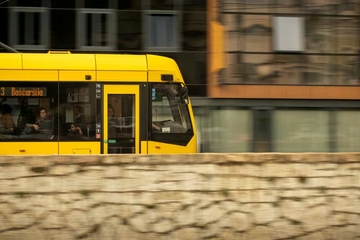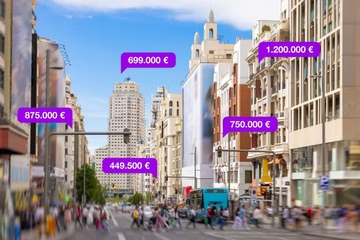
For the first time in 40 years, Bosnia is finally getting a large-scale energy investment, the Federation of Bosnia and Herzegovina (FBiH) entity Prime Minister Fadil Novalic said after the FBiH Parliament adopted six decisions, on Thursday, related to the construction of Block 7 of the Tuzla Thermal Power Plant.
Oglas
“This is a historic moment for Bosnia and Herzegovina because this block will ensure the placement of Bosnian coal and the survival of our coal mines,” Novalic noted. “Not only that, we’re getting a guaranteed supply of energy in the future, which is increasingly becoming a strategic commodity.”
The FBiH Parliament’s House of Peoples (HoP) adopted six decisions, on Thursday, needed for the beginning of construction of Tuzla Thermal Power Plant's Block 7.
One of the most important adopted decisions was the one on the loan-guarantee, by which the FBiH entity declared itself a guarantor for the return the 1.7 billion mark loan (some € 870 million) from the Export-Import Bank of China (China Exim).
Oglas
The Prime Minister argued that the country should be as much energy independent as possible and this block will ensure just that.
“This investment worth nearly two billion marks is going straight to the central-Bosnian city of Tuzla, where tensions were getting high because the project was in a standstill,” Novalic added.
Now the House of Peoples of the FBiH Parliament has to adopt two additional agreements: the agreement between the State-owned power company Elektroprivreda BiH and the China Exim on the credit line, and the agreement on the FBiH entity’s credit guarantee between the entity and the China Exim.
“We expect the documents will be adopted in the next 15 days. Today’s HoP session showed full support for this project, despite six delegates were abstained,” Novalic said.
Oglas
He reiterated that the construction of the 450 MW Block 7 has no alternative because it will replace the dated blocks 3, 4, and 5 which are scheduled to be shut down by 2027.
Block 7 is expected to be fully operational by 2022.
Kakvo je tvoje mišljenje o ovome?
Učestvuj u diskusiji ili pročitaj komentare
Oglas
Kakvo je tvoje mišljenje o ovome?
Učestvuj u diskusiji ili pročitaj komentare
Oglas





 Srbija
Srbija
 Hrvatska
Hrvatska
 Slovenija
Slovenija



























































